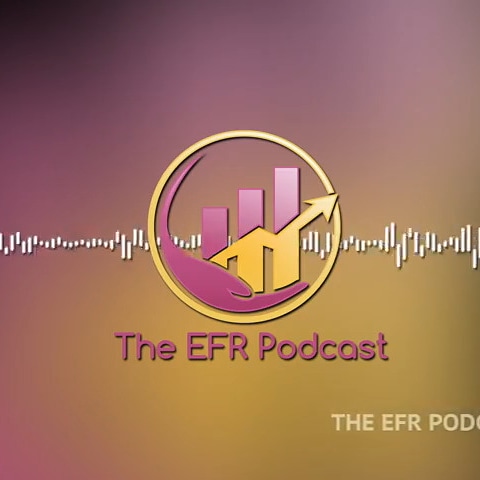
2) Many of the workers now working at home, are engaged in day trading to counter boredom for both entertainment and profits, but with growing fears that this trend could end badly. Most of these individual investors do not have the wealth, time or temperament to make money and sustain losses for any period of time. Major companies can have big rallies on the market, only to suddenly turn around with big losses. These casual investors are competing with large investors who have technology that allows them to trade on information before most people have time to read about it. In the long run, small investors, with about 30 stocks, have only a 40% chance of doing as well as the overall market.
3) The incredibly low interest rates have caused a rush of home sales in 2020 as people take advantage of the low interest rate, and in turn all these new mortgages have flooded the bond market as investors scoop them up. But it’s not just home sales, because 69% of the new mortgages are refinances of old mortgages. Many of these mortgages are then sold to government sponsored agencies such as Fannie Mae, Freddie Mac and Ginnie Mae, who then repackage the loans into mortgage backed bonds or securities. These bonds often have higher returns than traditional Treasurys. Additionally, the bonds are often backed by government guarantees meaning there is little risk to the investors.
4) Stock market closings for – 21 SEP 20:
Dow 27,147.70 down 509.72
Nasdaq 10,778.80 down 14.48
S&P 500 3,281.06 down 38.41
10 Year Yield: down at 0.67%
Oil: down at $39.72
